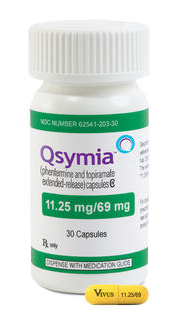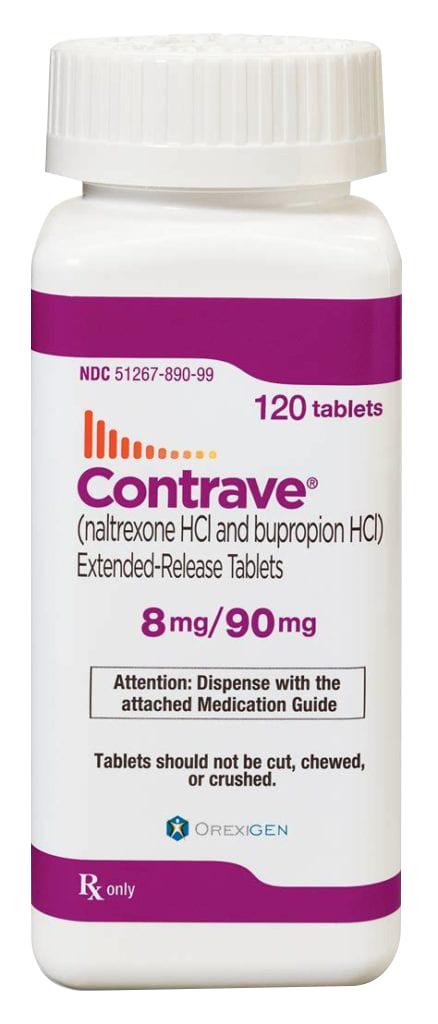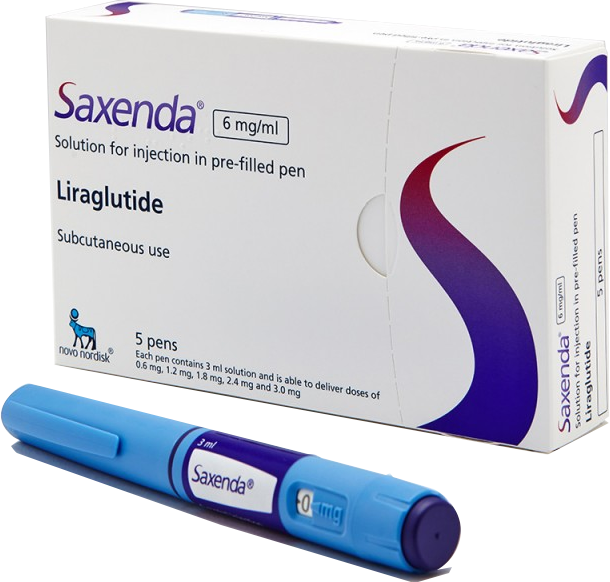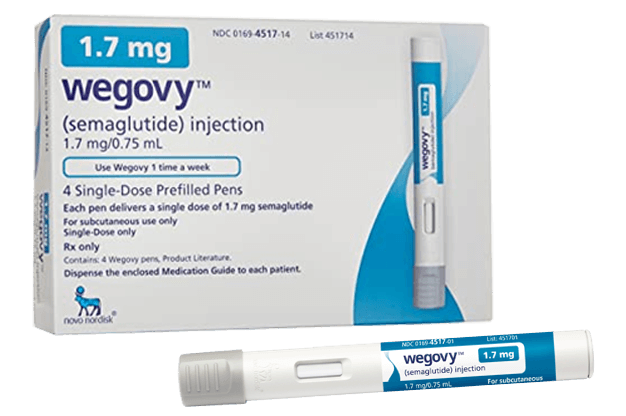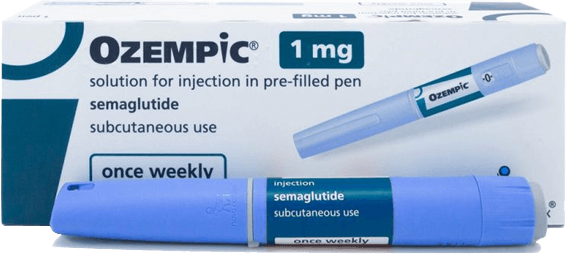Qsymia is indicated for weight loss if
- If your BMI is over 30 or
- If your BMI is more than 27 with medical problems such as hypertension, diabetes, high cholesterol, sleep apnea, heart disease, stroke, PCOS etc.
- Must NOT be pregnant, trying to get pregnant, or unable/unwilling to comply with contraceptive guidance
- No known hypersensitivity or idiosyncrasy to the sympathomimetic amines
- No glaucoma
- No hyperthyroidism
- Not using monoamine oxidase inhibitors (MAOIs) or have not used within 14 days
- No known hypersensitivity or idiosyncrasy to the sympathomimetic amines
